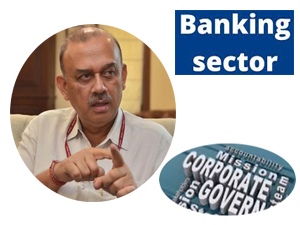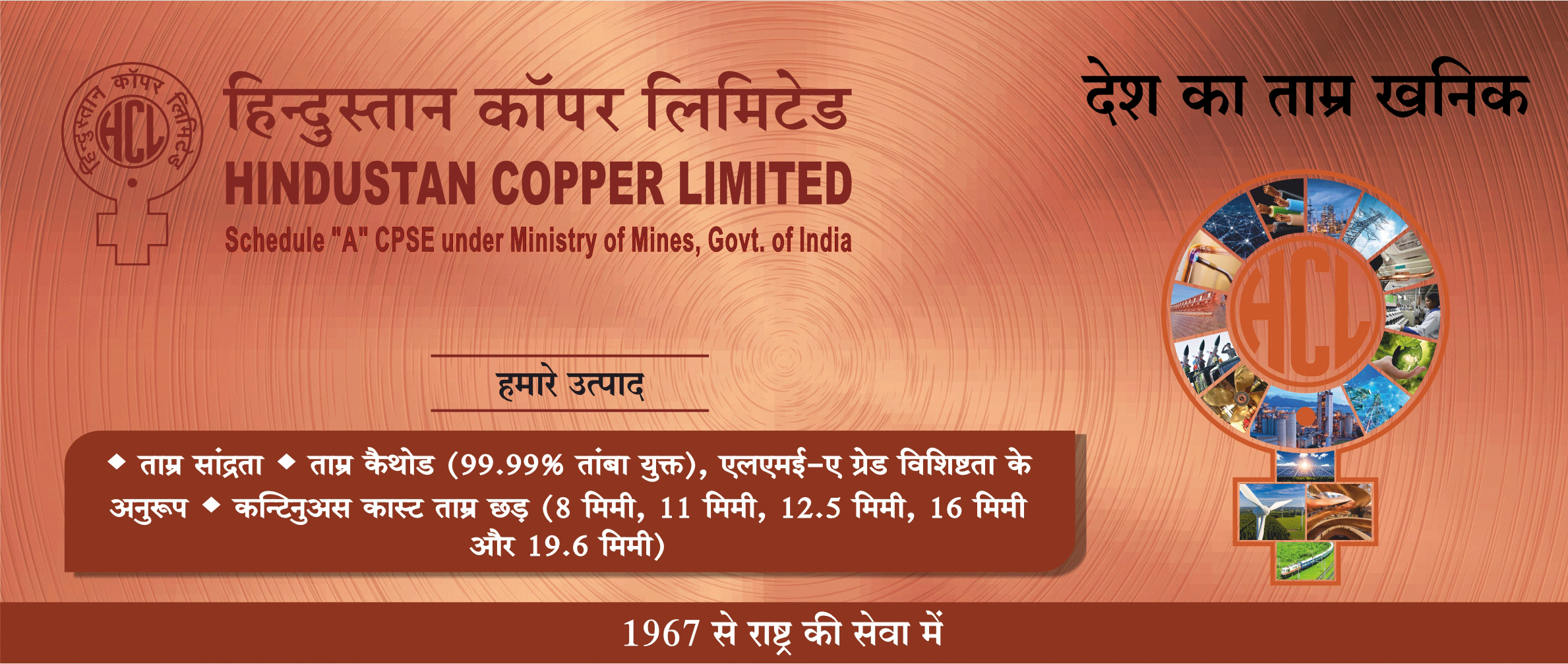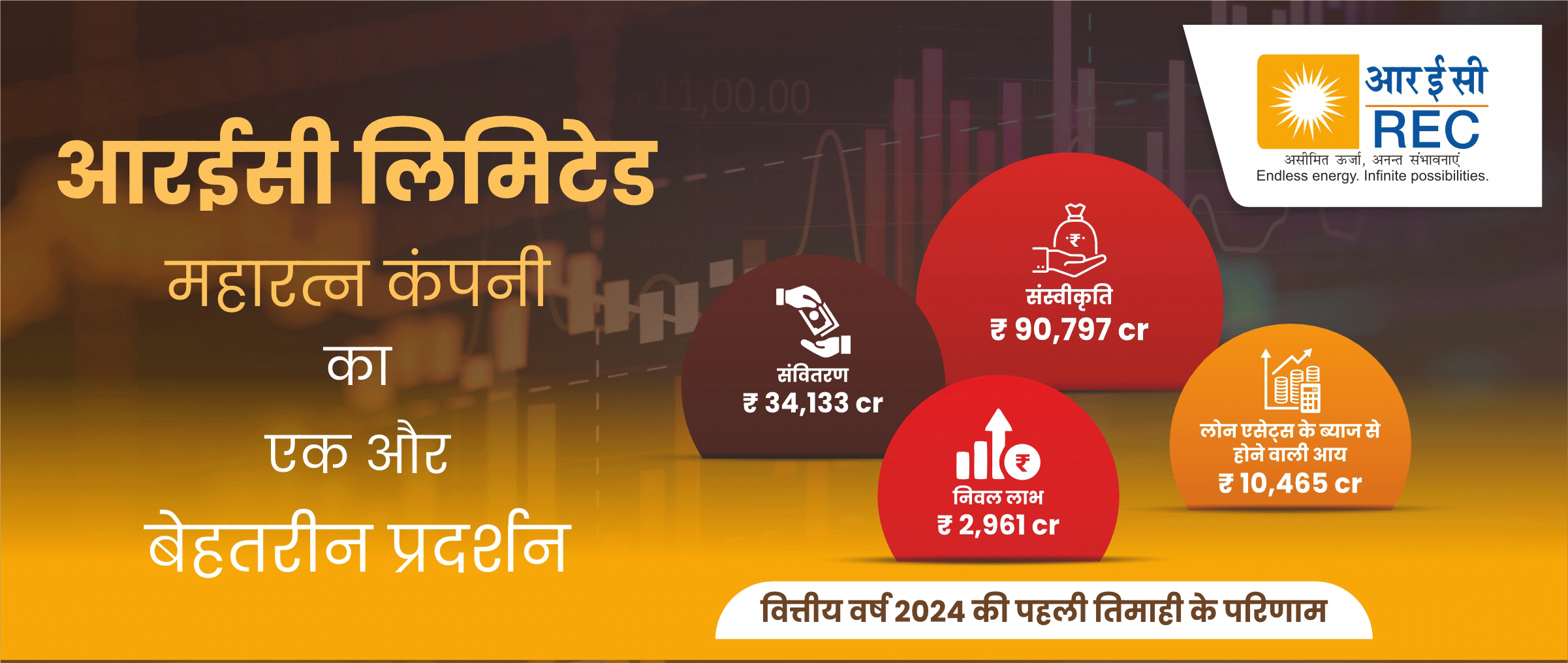TO RECIEVE EXCLUSIVE POSTS AND NEWS
Must Read
To check systemic collapse in private banks, officers being put in critical positions
By M K Shukla & Rakesh Ranjan- 30 Dec 2020
1964New Delhi (30.12.2020): It's not job grab; it's complex. The HDFC Bank Board is said to have opted for the appointment of the 1985 batch Gujarat cadre IAS officer and former Secretary of DIPAM as well as Economic Affairs Atanu Chakraborty (Retd IAS:1985:GJ), who retired in April 2020, as its part-time chairman. He may take over the charge from Shyamala Gopinath who has been at the helm for six years from January 2, 2015. Chakraborty's appointment is seen in tune with the earlier appointment of former Petroleum Secretary Girish Chandra Chaturvedi (Retd IAS:1977:UP), endowed with wide-ranging and multi-faceted experience in finance and insurance, as non-executive part-time chairman of the leading private sector bank ICICI in the wake of serious allegations of impropriety against the bank's long-time employee and CEO Chanda Kochhar in 2018. The appointment of ex-IAS officers as well as the appointment of serving officers on the board of several banks and scammed NBFC's is viewed as part of the well-thought-out government strategy to prevent and forestall the irregularities like the ones, triggered by promoters and their henchmen, in financial institutions like Yes Bank, DHFL, IL&FS, and the PMC. Because the actions of a few at the top sparked large scale panic and attendant distrust among depositors and spooked the stock markets at short gaps from 2018 onwards, the government has reasons to be extra cautious in the case of both ICICI and HDFC which are considered private banks of national eminence. There is nothing new, though, in government trusting its own senior officers and appointing them to the position of authority in crisis-ridden financial institutions. It may be recalled that way back during the regime of late Rajiv Gandhi as PM, a distinguished IA&AS officer, D N Ghosh, was appointed Chairman of the SBI to pull it out of its morass and turn it around into a national banking institution of eminence. Ghosh was also appointed chairman of L&T in the late eighties to save it from a crisis that the company faced in the form of an impending takeover from Reliance and restore the company to a rosy state of affairs - from where it has only risen without looking back. So the argument that a government official is no substitute for a professional executive is not exactly correct and is possibly half-baked in the sense that much depends on individual talent and wisdom. The increasing appointment of government officials or proxies in financial institutions is also seen as a reflection of the administration's growing desire to lay the ground with its trusted arms before initiating major reforms in the banking sector like the establishment of a Bank Investment Company (BIC). It is pointed out that most of the scams that came to plague the financial sector from 2018 could have been prevented by alert officials and a proper system of electronic surveillance. There was an absolute disaster at the human intelligence (HUMINT) level in all the cases because of abdication of responsibility and this was compounded by gaping holes in the computerization of the lending and recovery systems. Since most of the systemic problems came to be recognized because of the various scams and they are said to have been sorted out, the administration is said to have become confident to anchor its FY22 national budget on a number of reforms embracing several areas of the economy. And to execute those reforms, the government is viewed as positioning and posting its trusted and competent officers in critical financial posts in the private sector where it has a major financial stake. It's not job grab. It's serious. (By M K Shukla & Rakesh Ranjan)
Readers' Choice
ED arrests Anil Tuteja in Chhattisgarh liquor scam case 21 Apr 2024
IPS officer writes to “Sarkar” seeking “Car” at par; flags a discriminatory regime 19 Apr 2024
Gujarat: A major reshuffle of IPS enacted 14 Apr 2024
Ex IAS officer joins BJP; to be fielded against Harsimrat Badal 12 Apr 2024
ECI rejects proposal to appoint Saunik as CS; extension for Kareer sought 29 Mar 2024
To check systemic collapse in private banks, officers being put in critical positions
By M K Shukla & Rakesh Ranjan - 2020-12-30 12:55:00

New Delhi (30.12.2020): It's not job grab; it's complex.
The HDFC Bank Board is said to have opted for the appointment of the 1985 batch Gujarat cadre IAS officer and former Secretary of DIPAM as well as Economic Affairs Atanu Chakraborty (Retd IAS:1985:GJ), who retired in April 2020, as its part-time chairman. He may take over the charge from Shyamala Gopinath who has been at the helm for six years from January 2, 2015.
Chakraborty's appointment is seen in tune with the earlier appointment of former Petroleum Secretary Girish Chandra Chaturvedi (Retd IAS:1977:UP), endowed with wide-ranging and multi-faceted experience in finance and insurance, as non-executive part-time chairman of the leading private sector bank ICICI in the wake of serious allegations of impropriety against the bank's long-time employee and CEO Chanda Kochhar in 2018.
The appointment of ex-IAS officers as well as the appointment of serving officers on the board of several banks and scammed NBFC's is viewed as part of the well-thought-out government strategy to prevent and forestall the irregularities like the ones, triggered by promoters and their henchmen, in financial institutions like Yes Bank, DHFL, IL&FS, and the PMC. Because the actions of a few at the top sparked large scale panic and attendant distrust among depositors and spooked the stock markets at short gaps from 2018 onwards, the government has reasons to be extra cautious in the case of both ICICI and HDFC which are considered private banks of national eminence.
There is nothing new, though, in government trusting its own senior officers and appointing them to the position of authority in crisis-ridden financial institutions. It may be recalled that way back during the regime of late Rajiv Gandhi as PM, a distinguished IA&AS officer, D N Ghosh, was appointed Chairman of the SBI to pull it out of its morass and turn it around into a national banking institution of eminence. Ghosh was also appointed chairman of L&T in the late eighties to save it from a crisis that the company faced in the form of an impending takeover from Reliance and restore the company to a rosy state of affairs - from where it has only risen without looking back.
So the argument that a government official is no substitute for a professional executive is not exactly correct and is possibly half-baked in the sense that much depends on individual talent and wisdom.
The increasing appointment of government officials or proxies in financial institutions is also seen as a reflection of the administration's growing desire to lay the ground with its trusted arms before initiating major reforms in the banking sector like the establishment of a Bank Investment Company (BIC). It is pointed out that most of the scams that came to plague the financial sector from 2018 could have been prevented by alert officials and a proper system of electronic surveillance. There was an absolute disaster at the human intelligence (HUMINT) level in all the cases because of abdication of responsibility and this was compounded by gaping holes in the computerization of the lending and recovery systems.
Since most of the systemic problems came to be recognized because of the various scams and they are said to have been sorted out, the administration is said to have become confident to anchor its FY22 national budget on a number of reforms embracing several areas of the economy.
And to execute those reforms, the government is viewed as positioning and posting its trusted and competent officers in critical financial posts in the private sector where it has a major financial stake.
It's not job grab. It's serious.
(By M K Shukla & Rakesh Ranjan)















